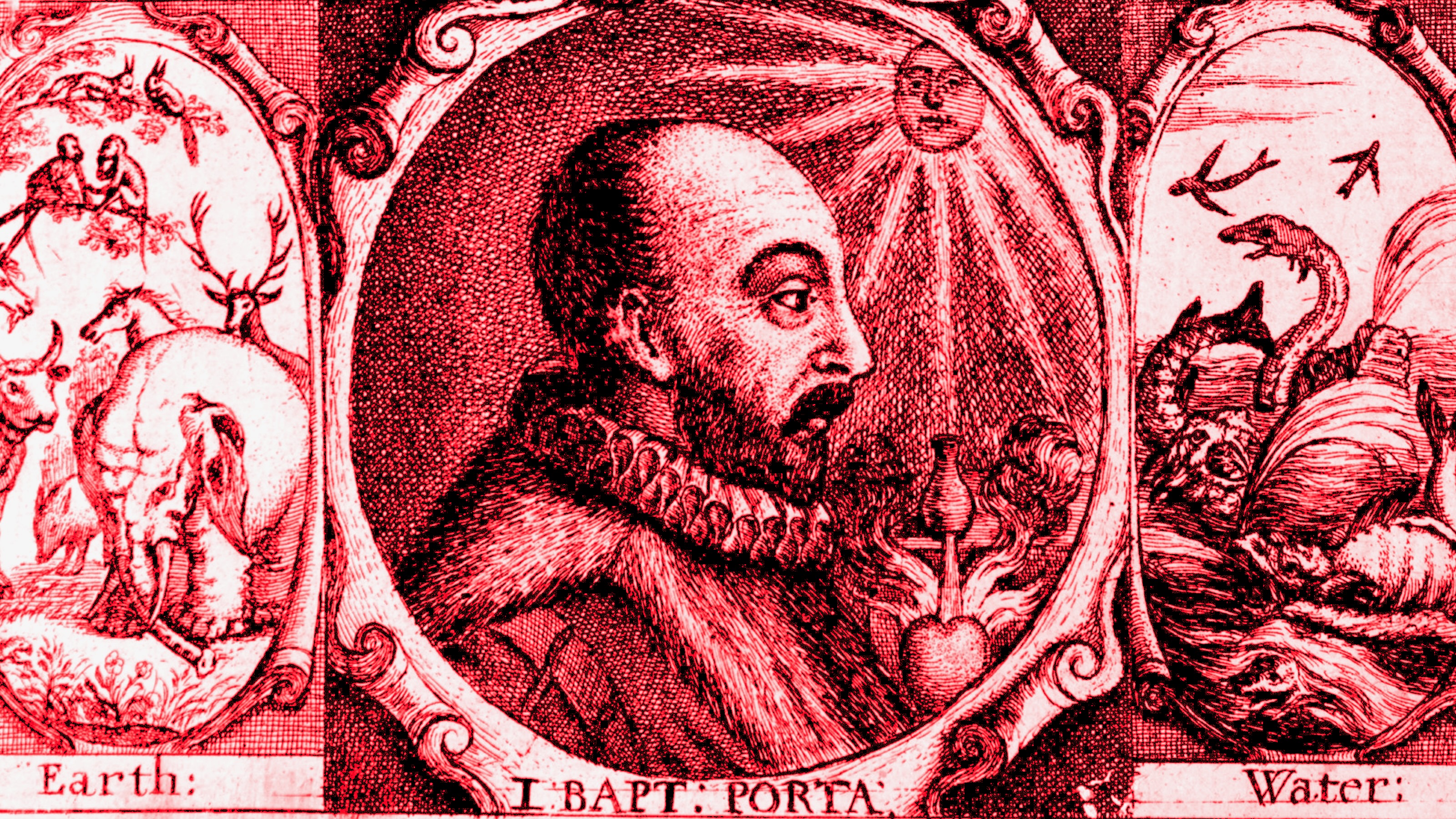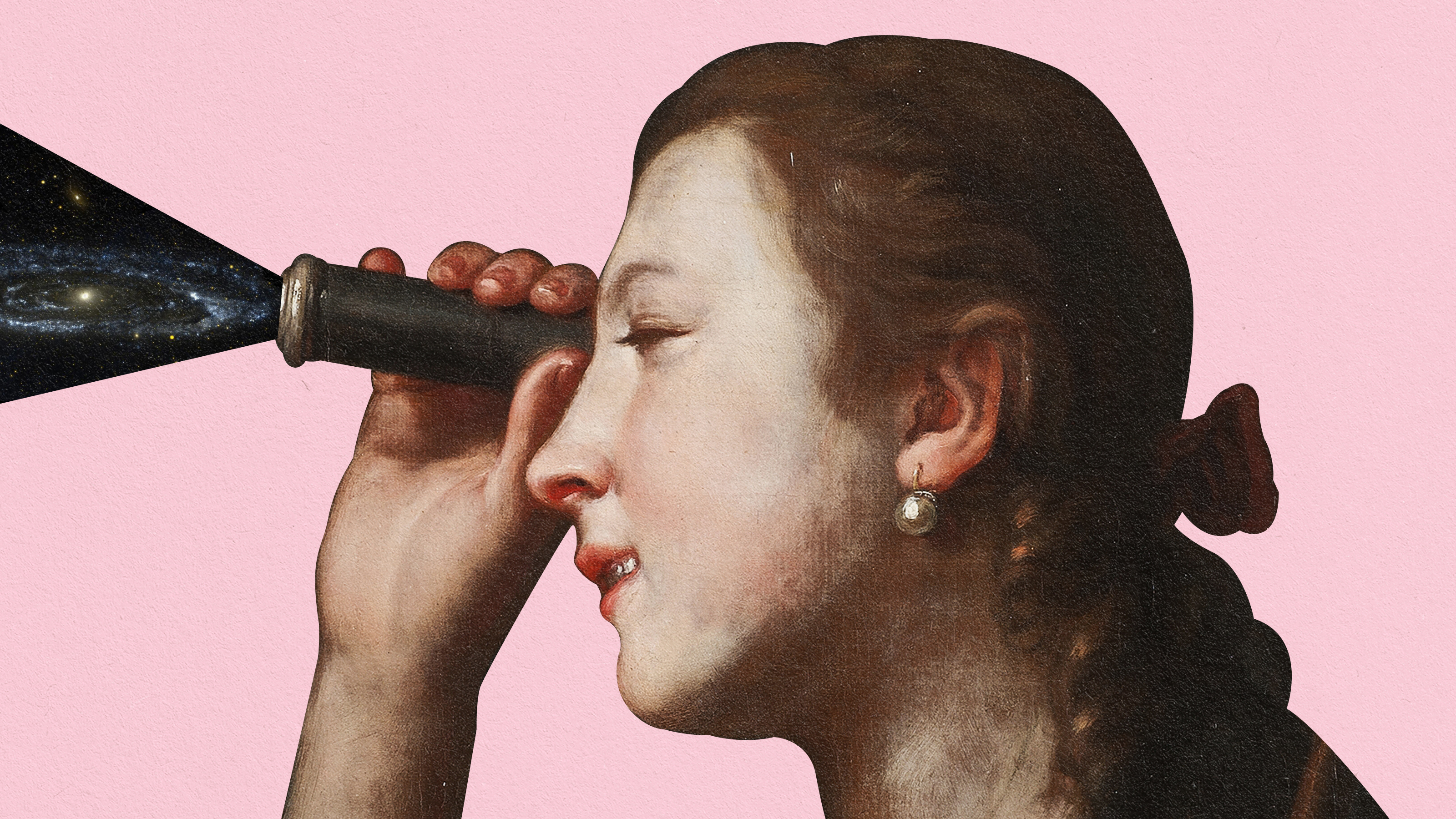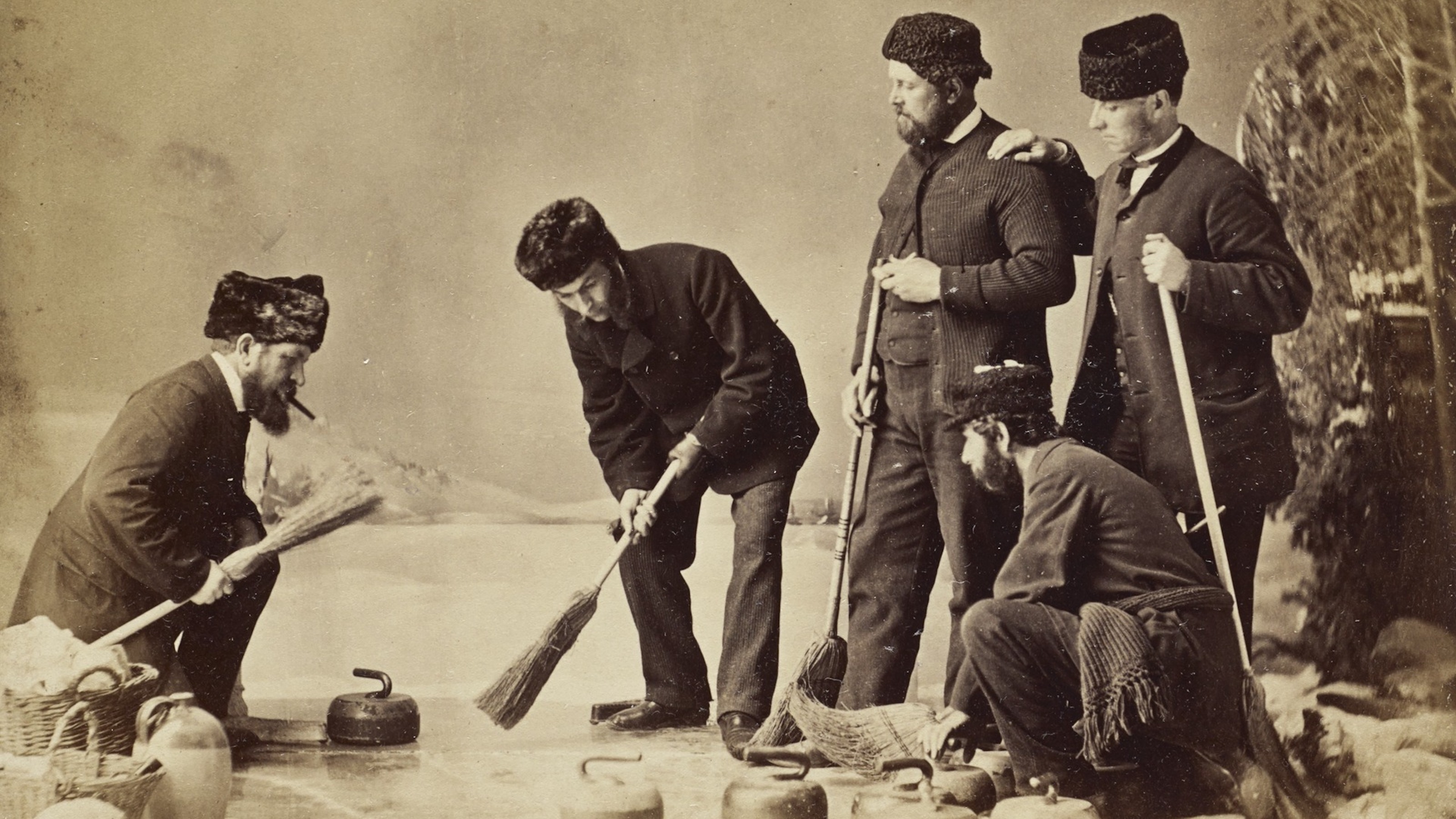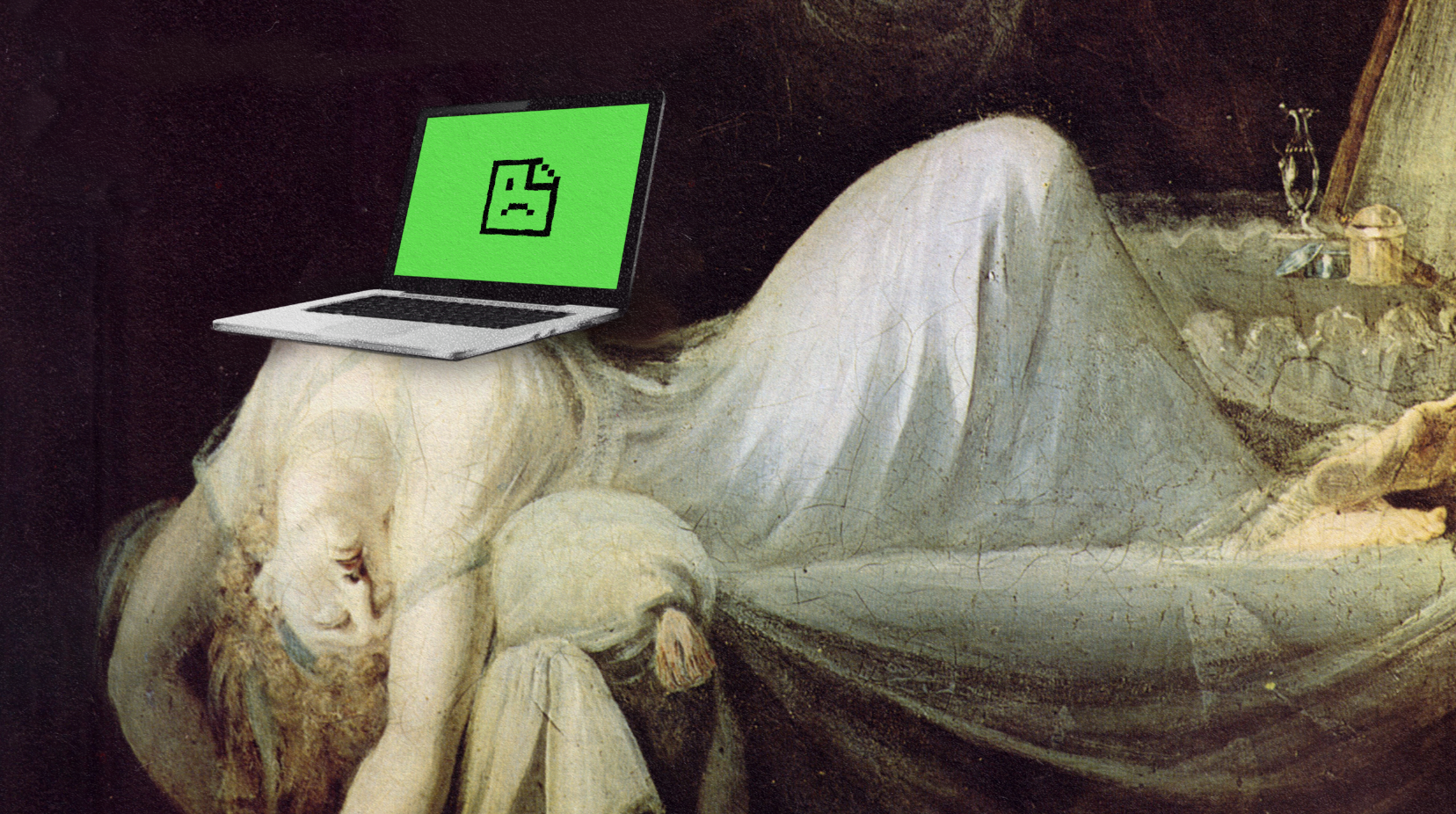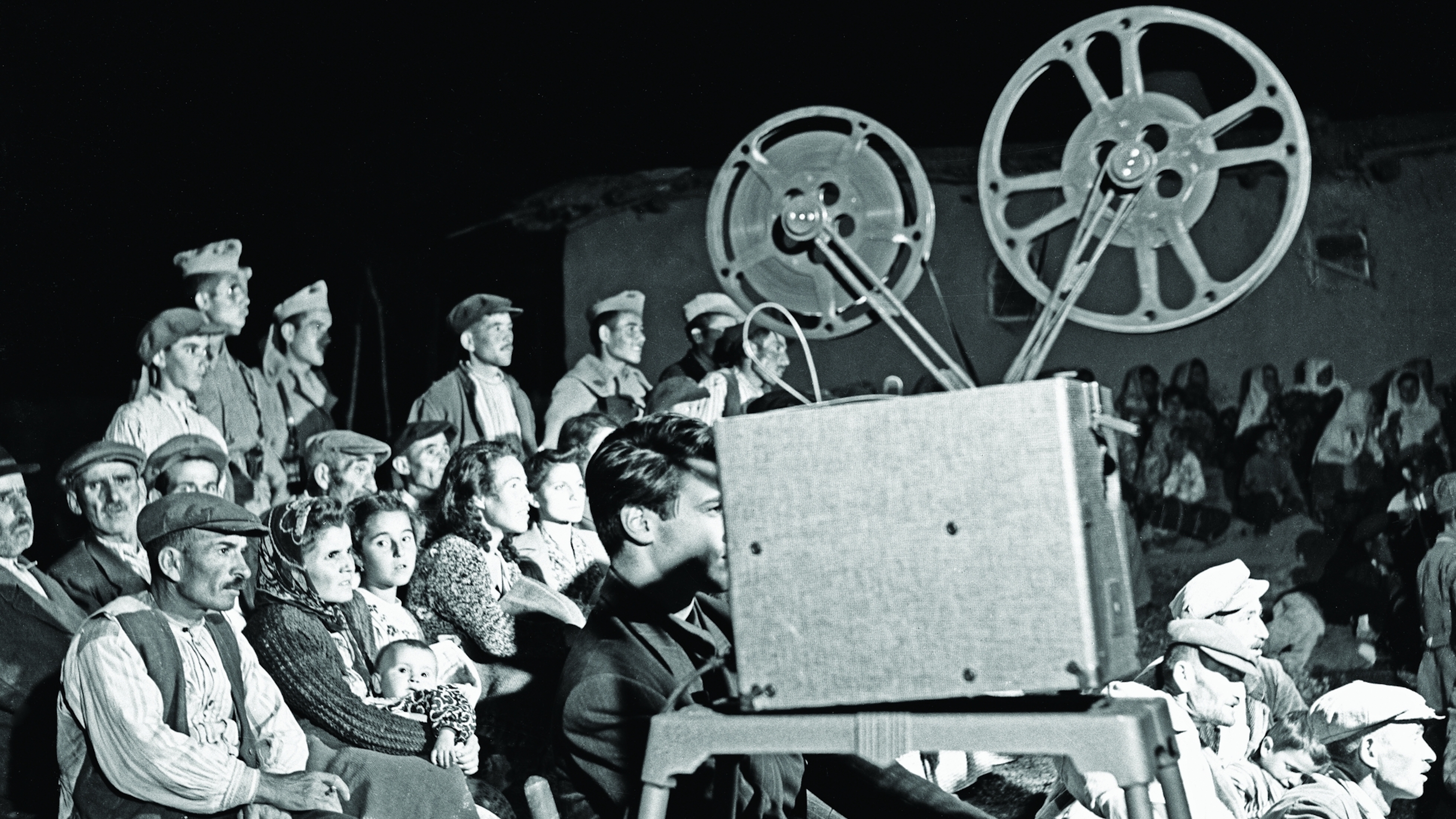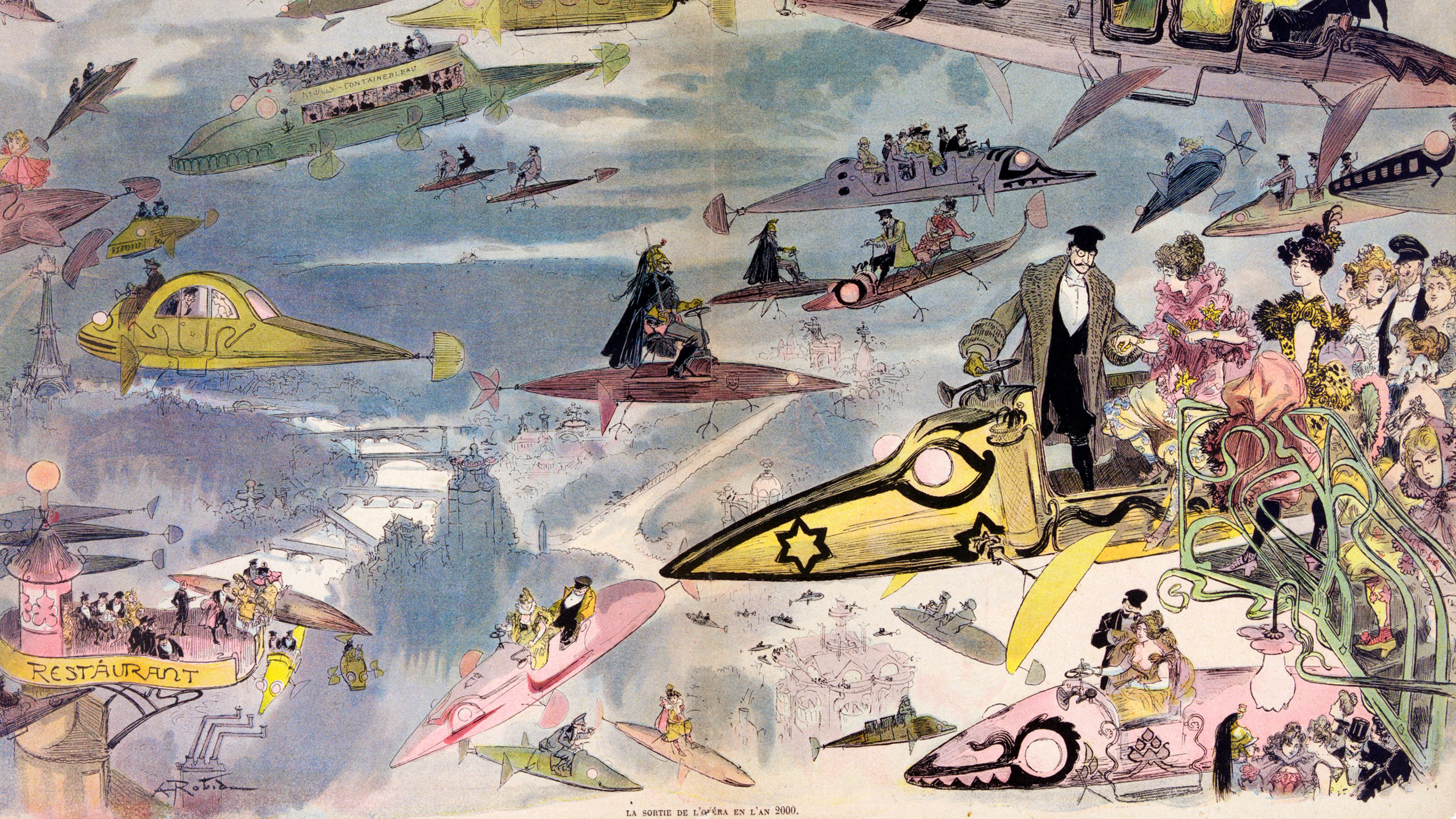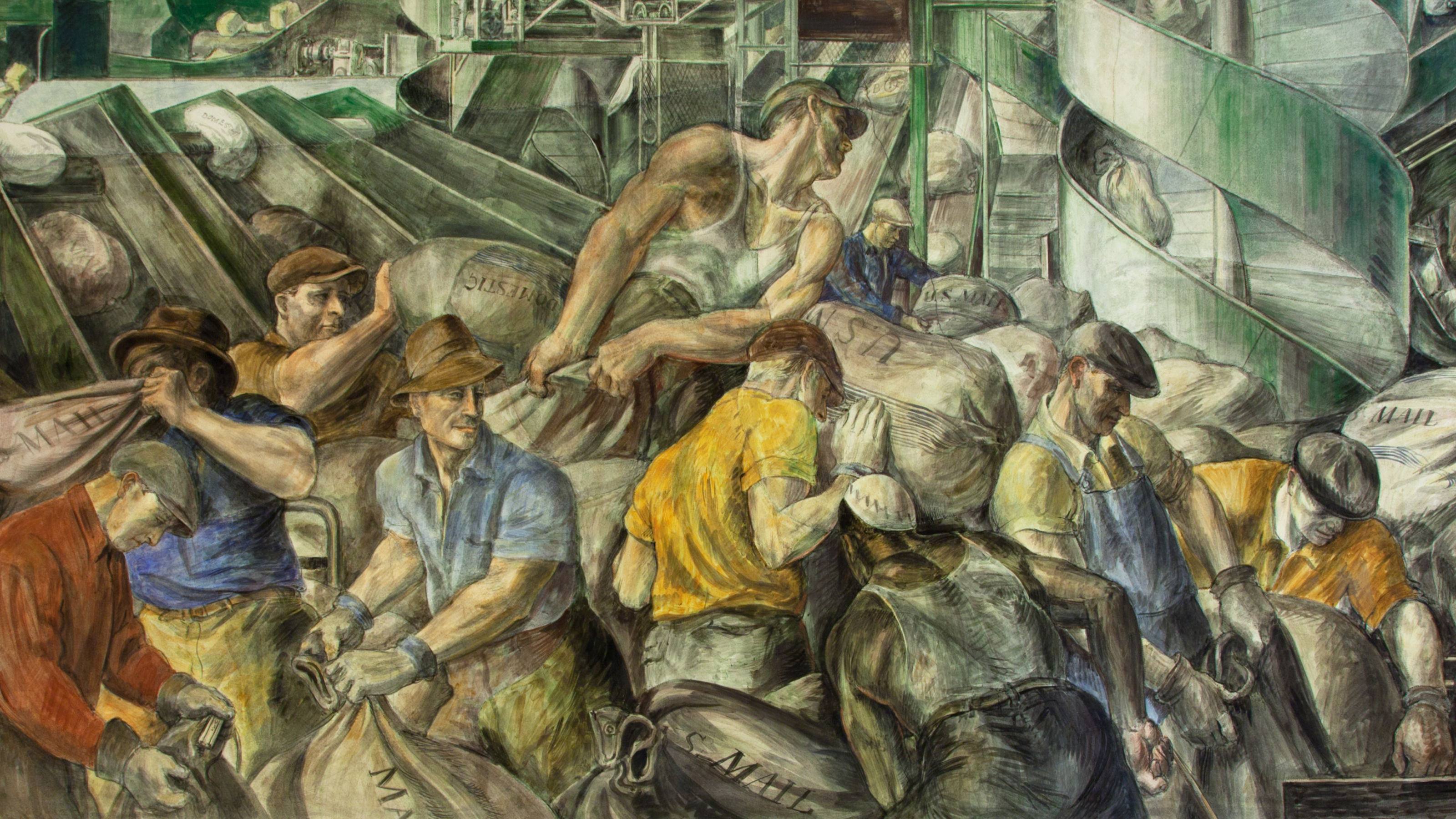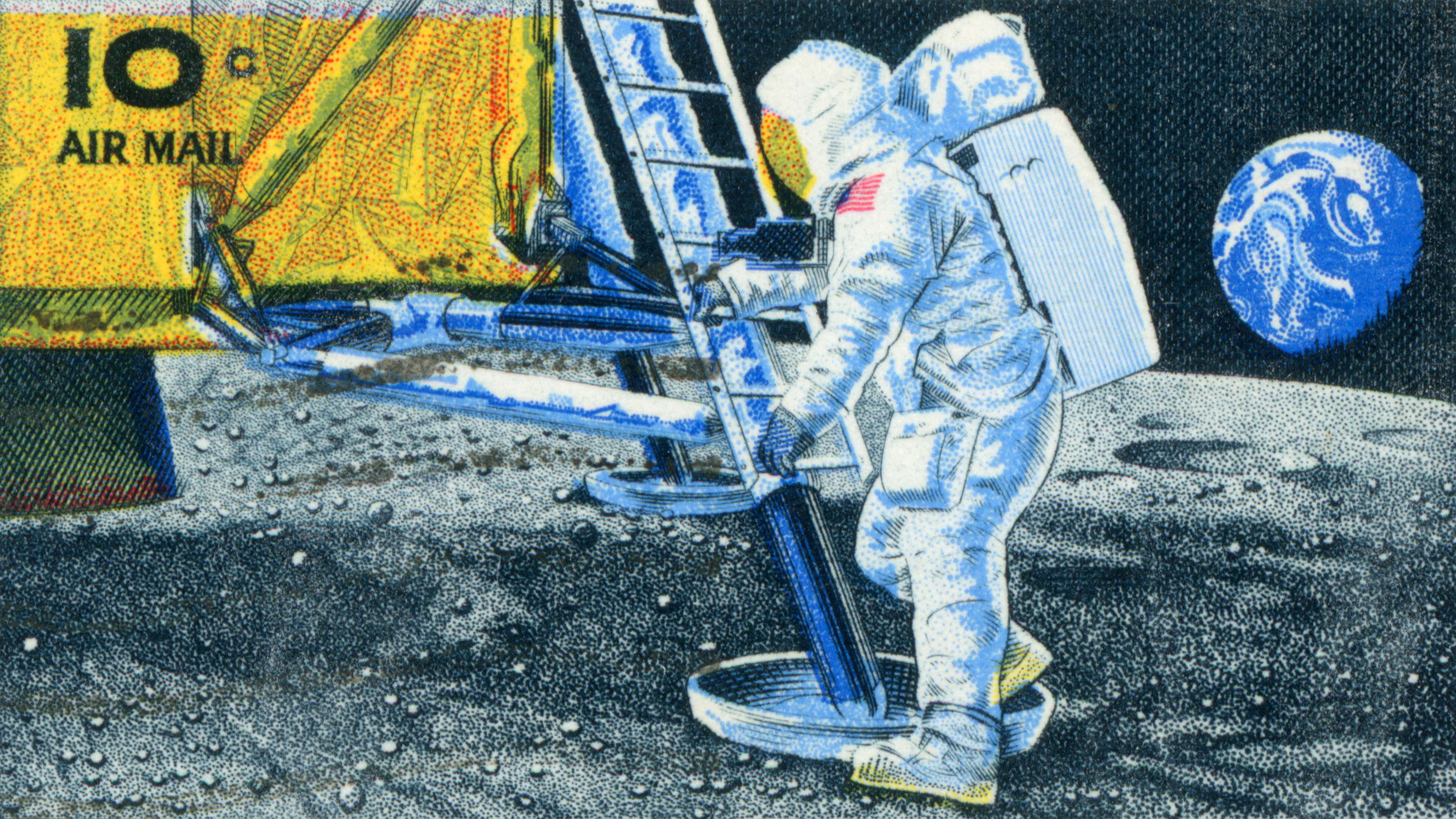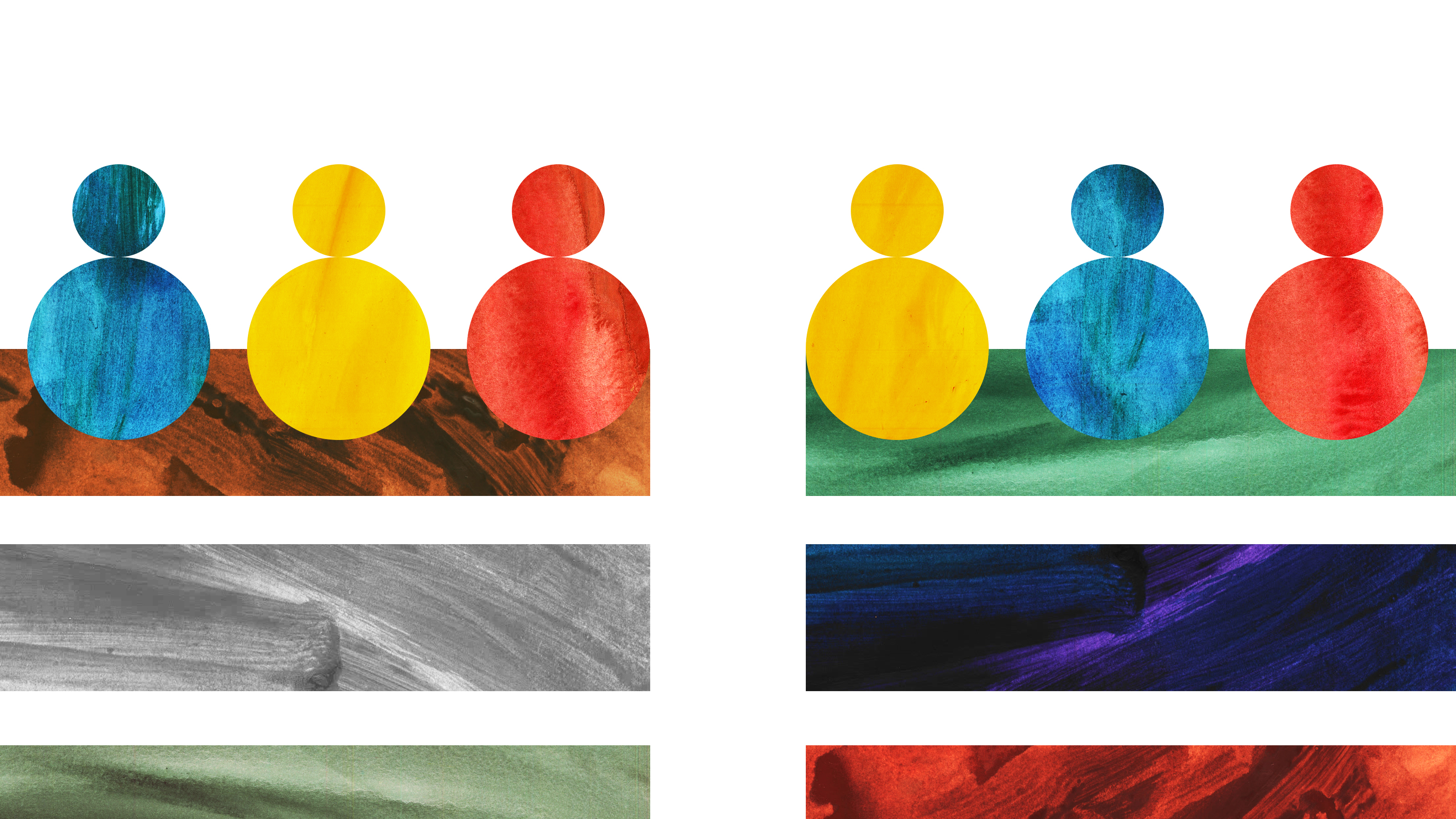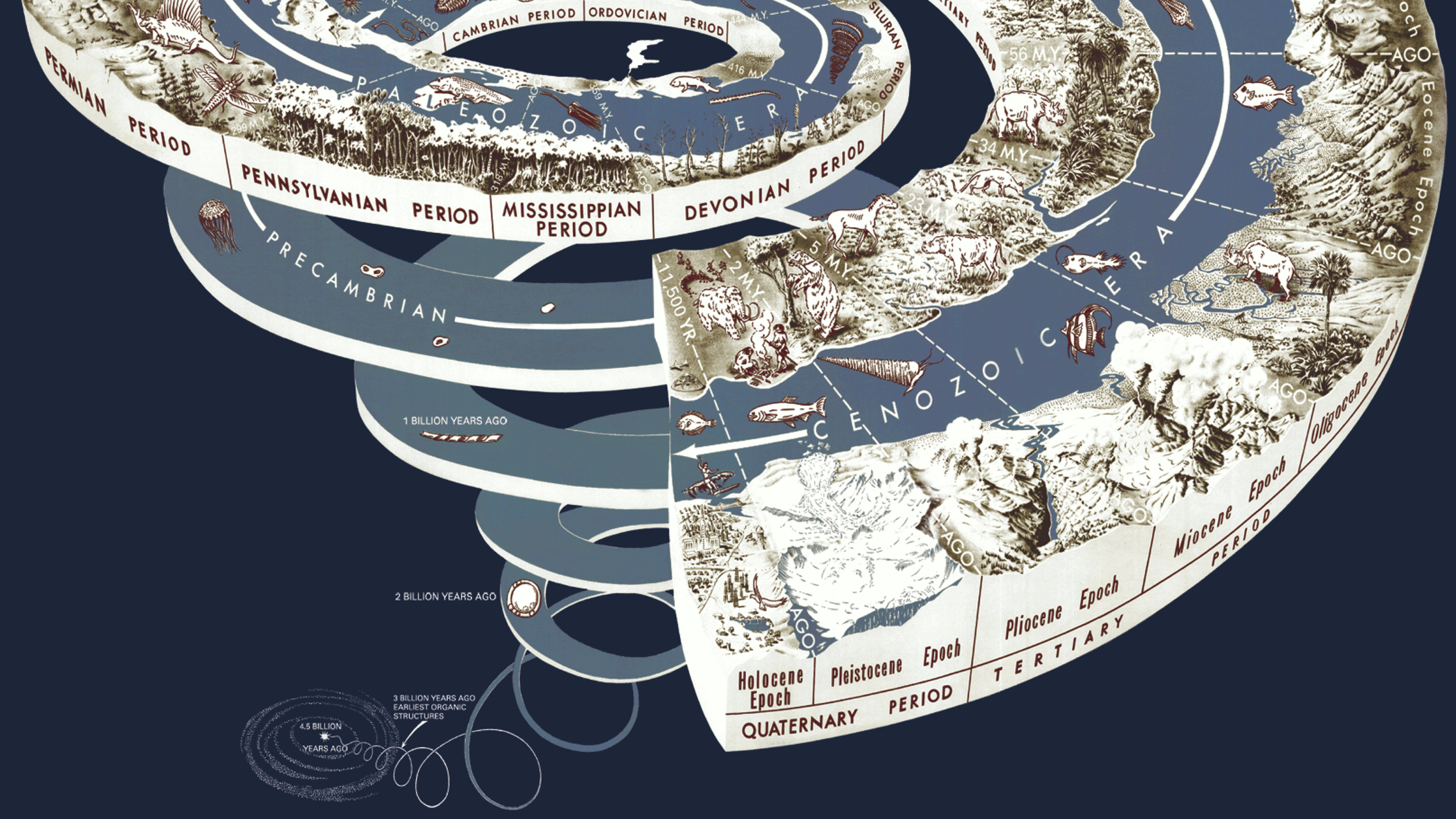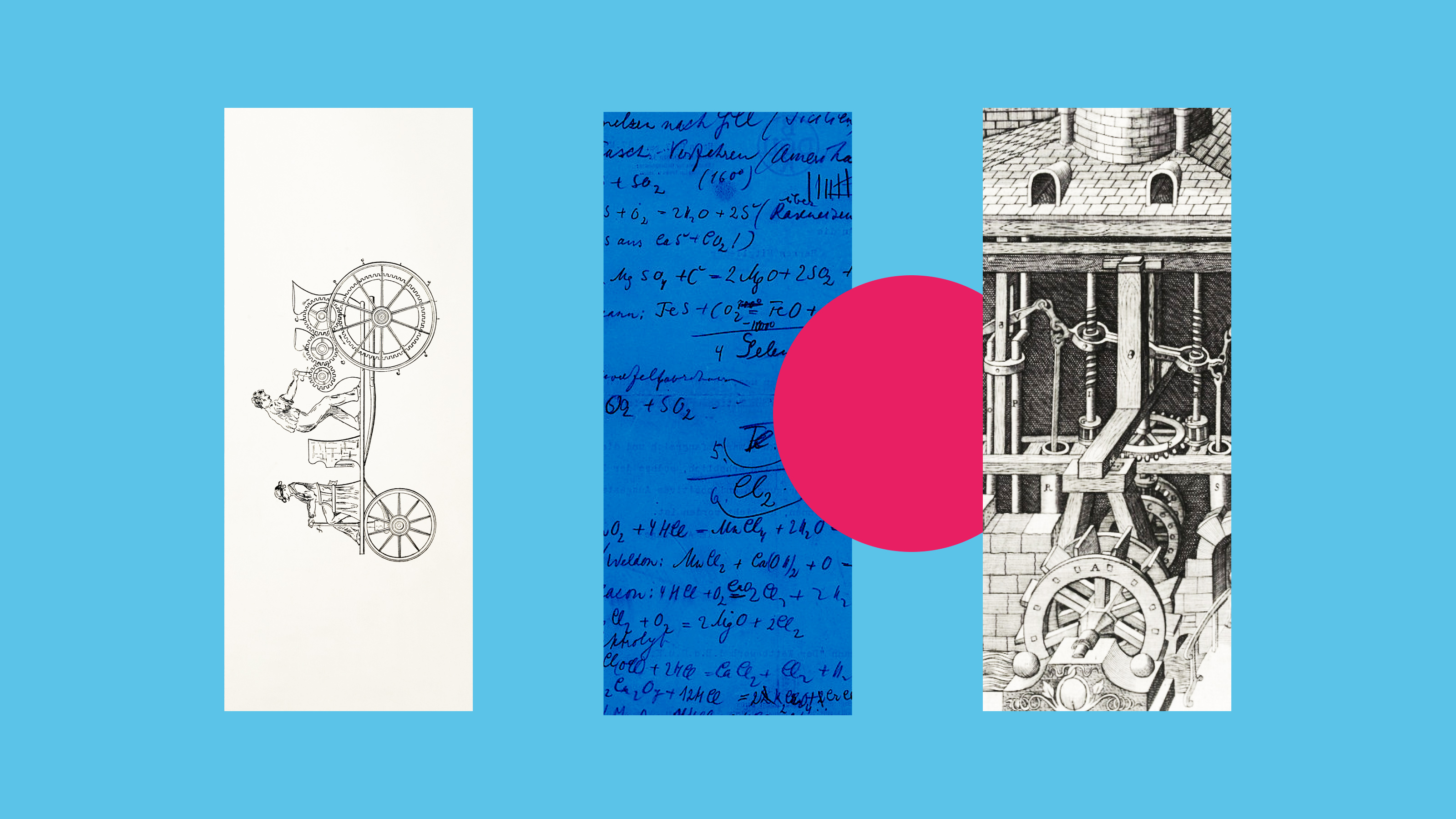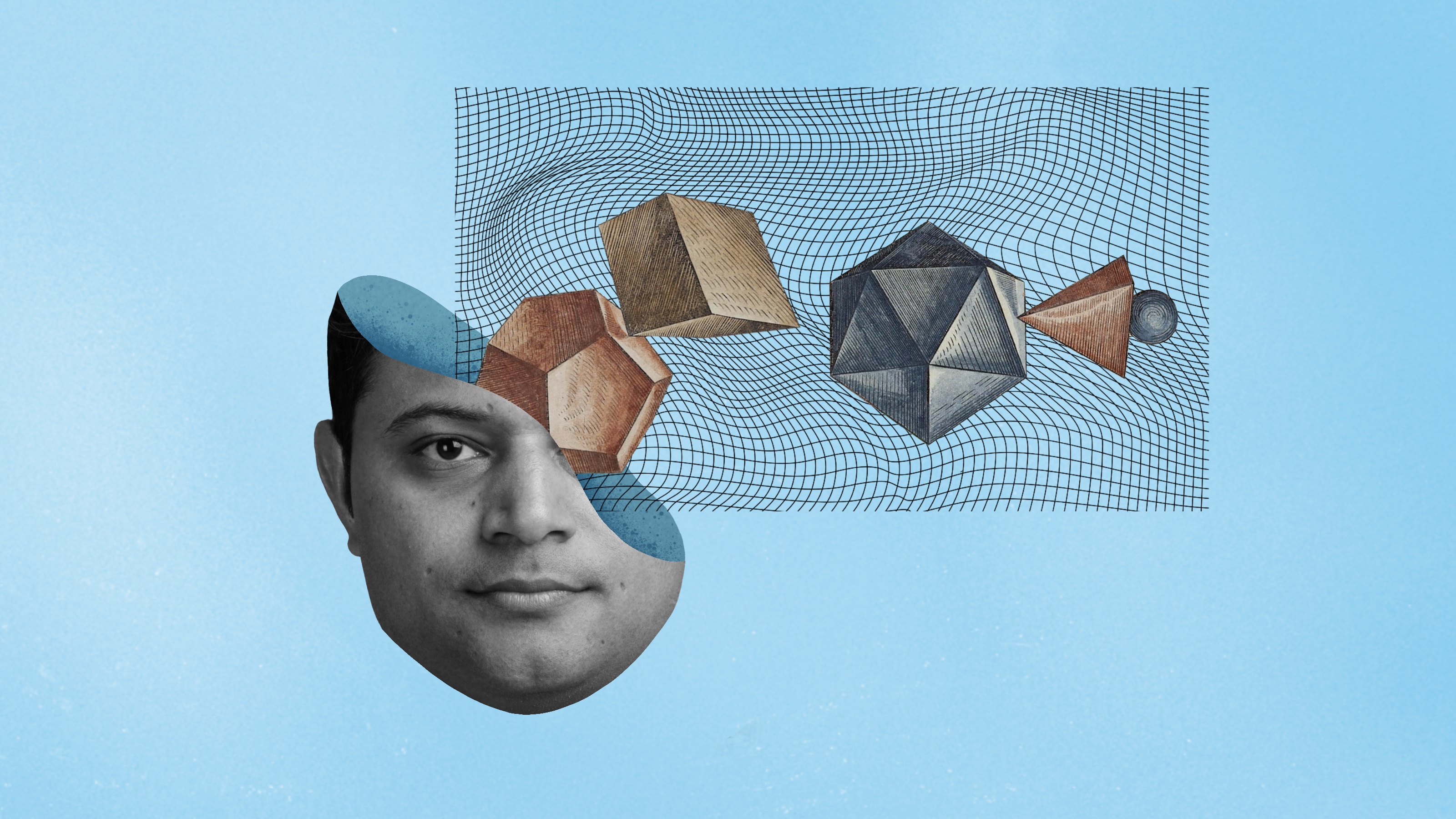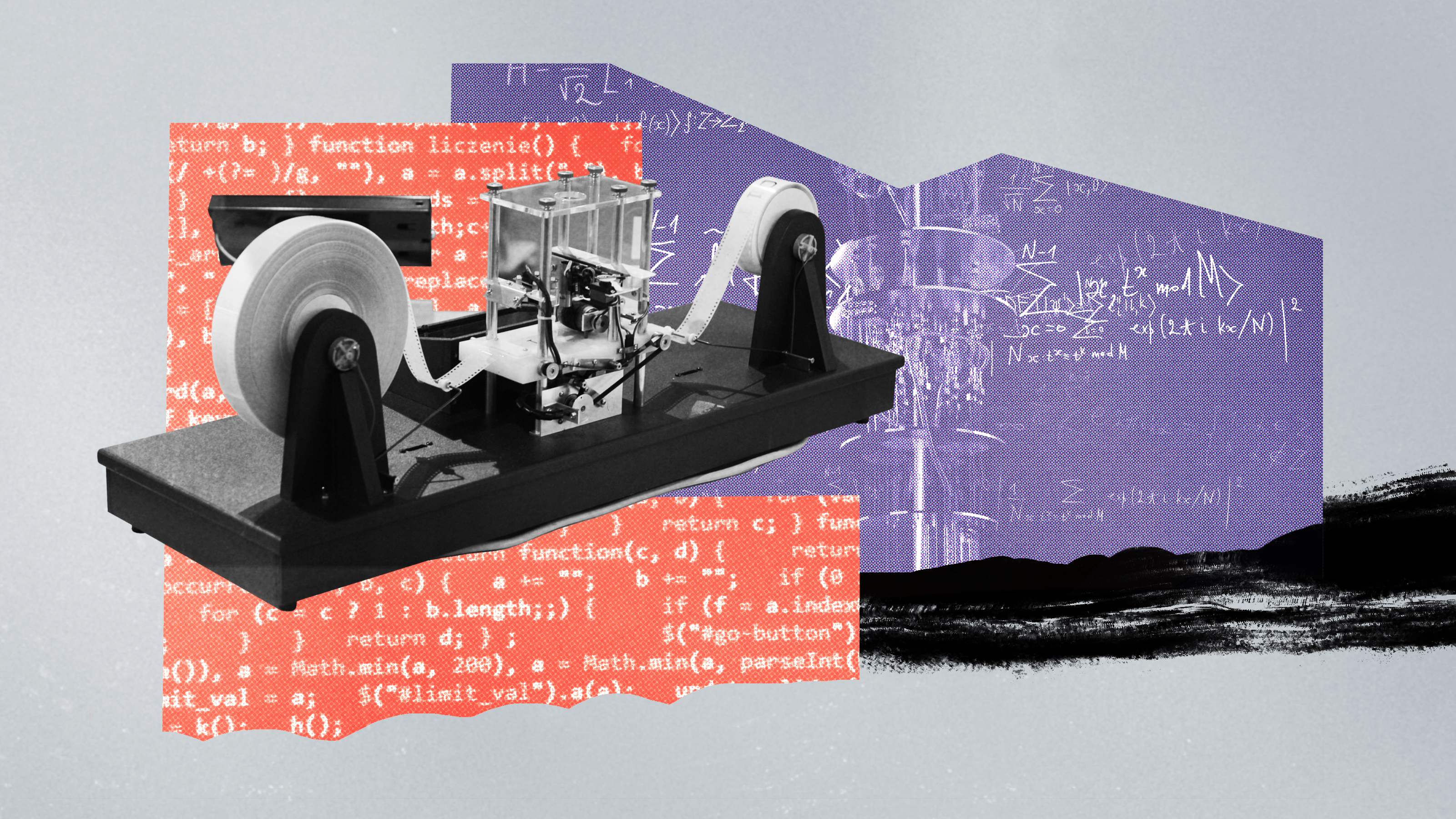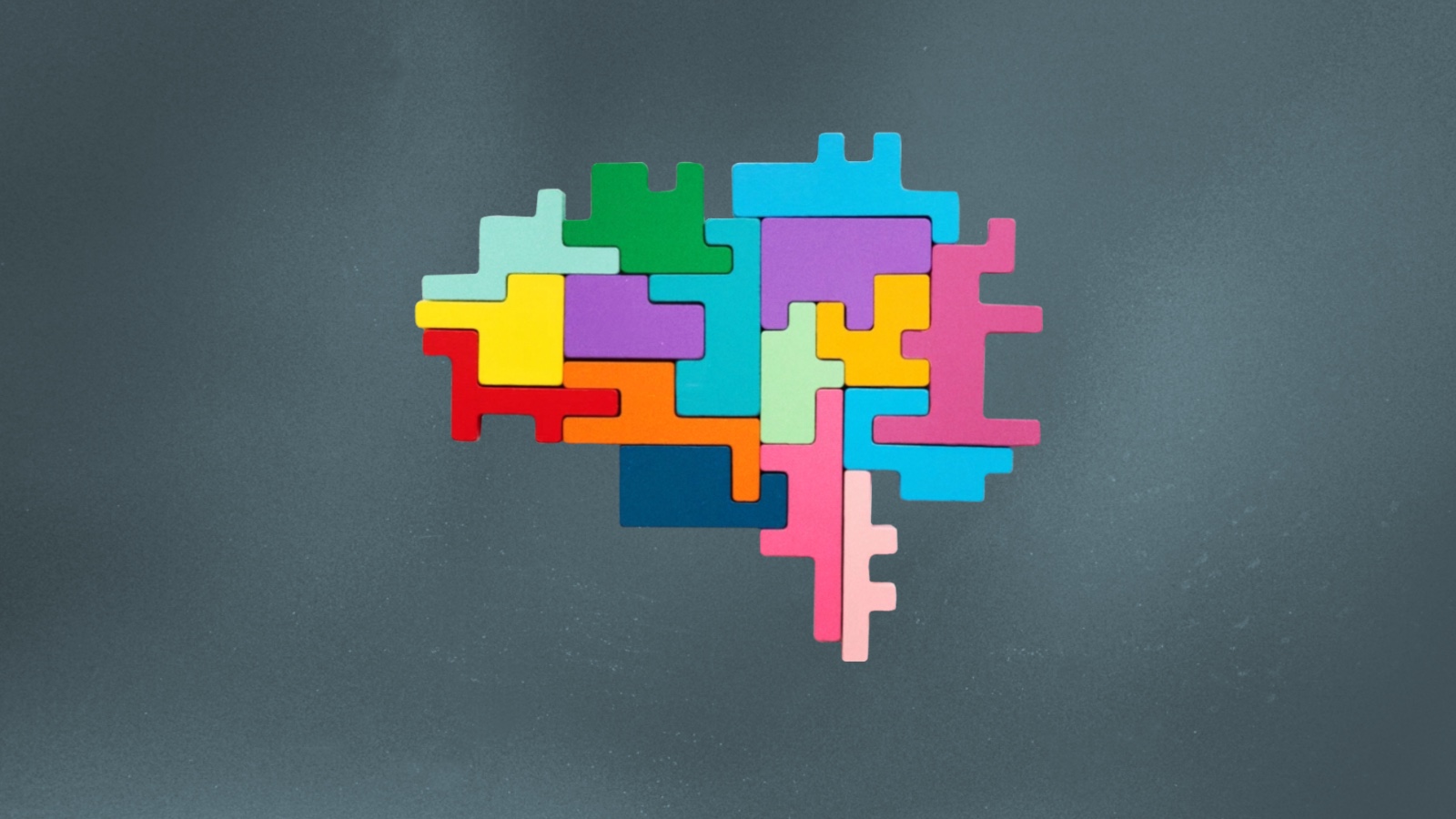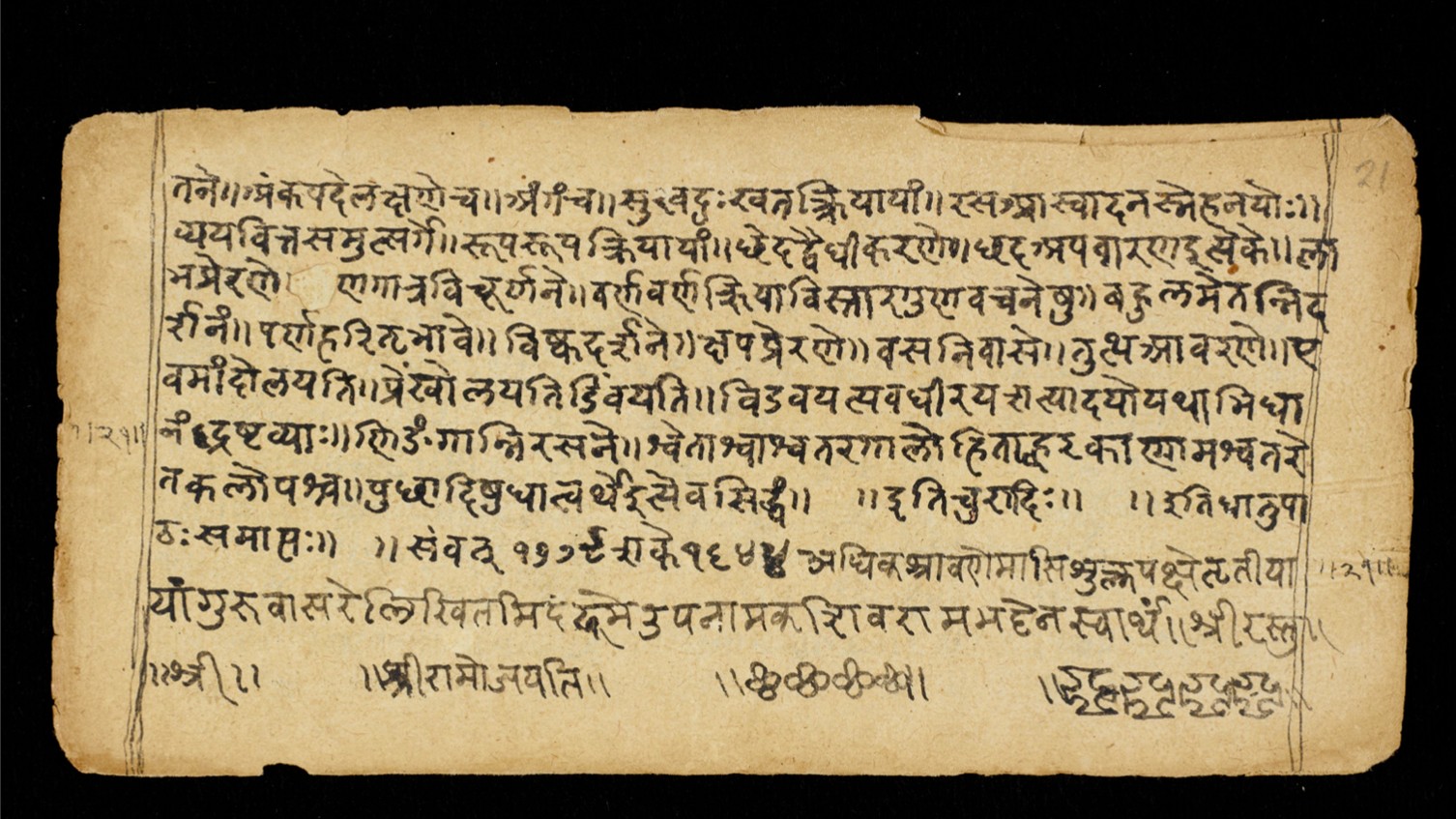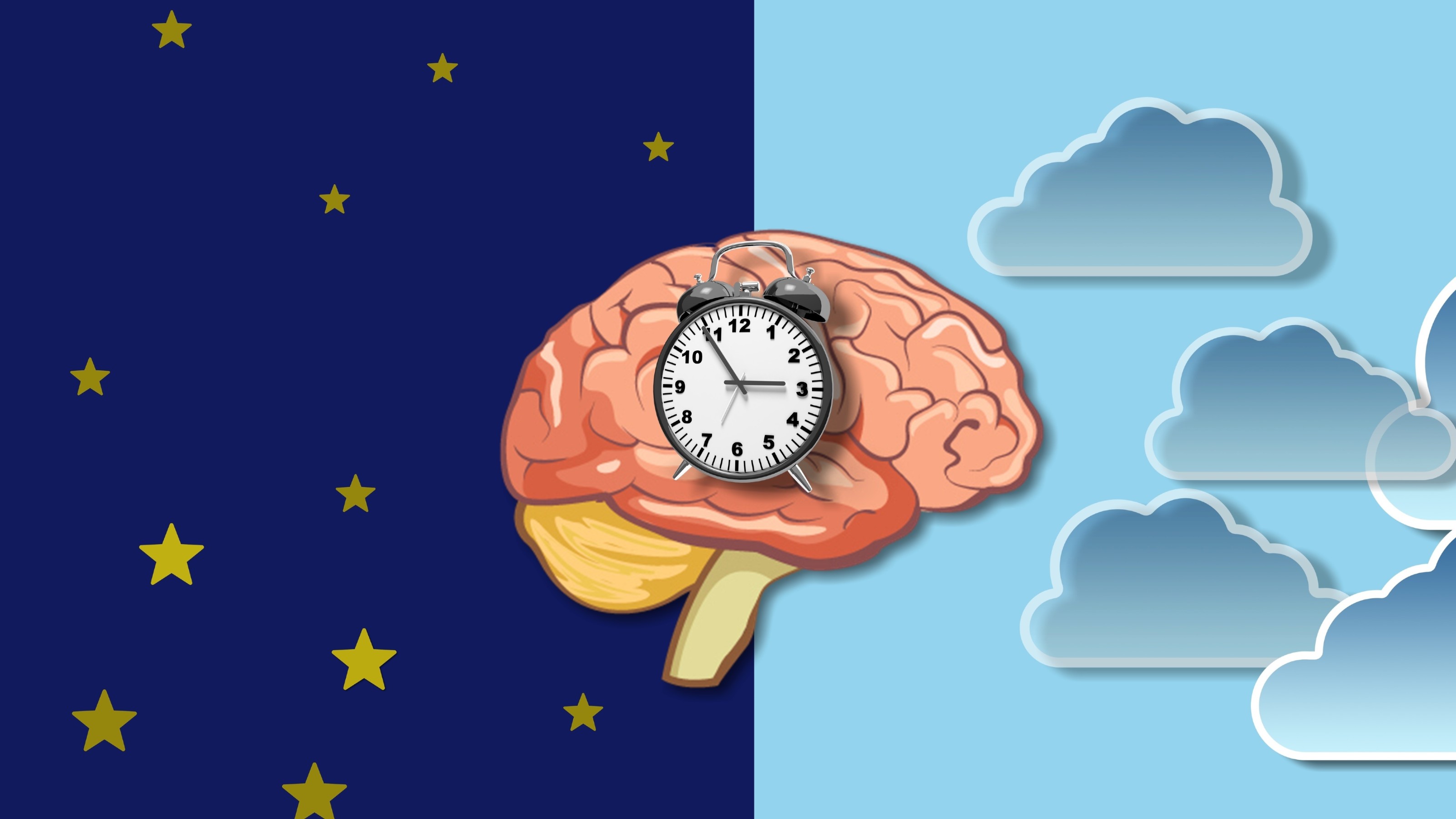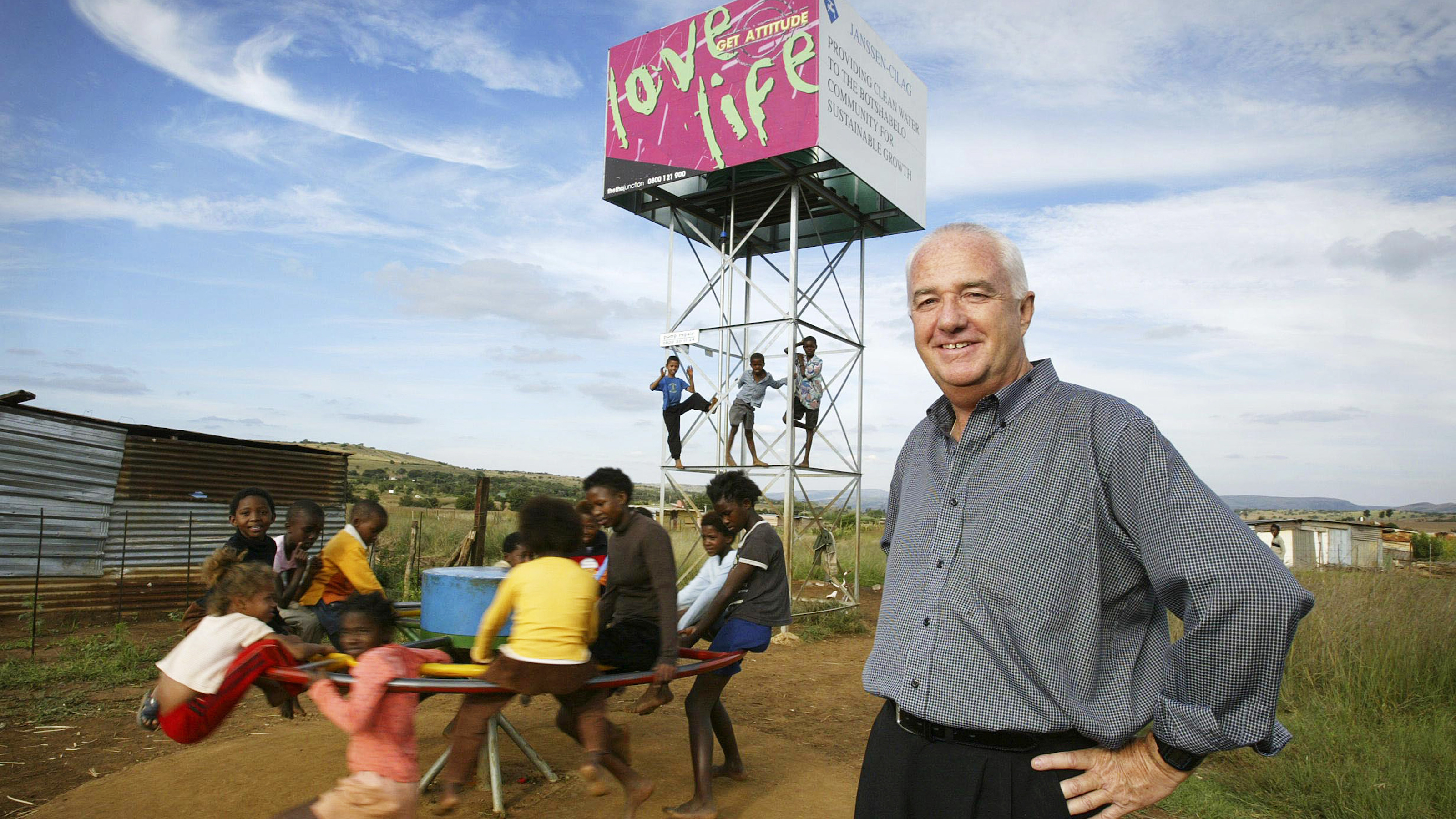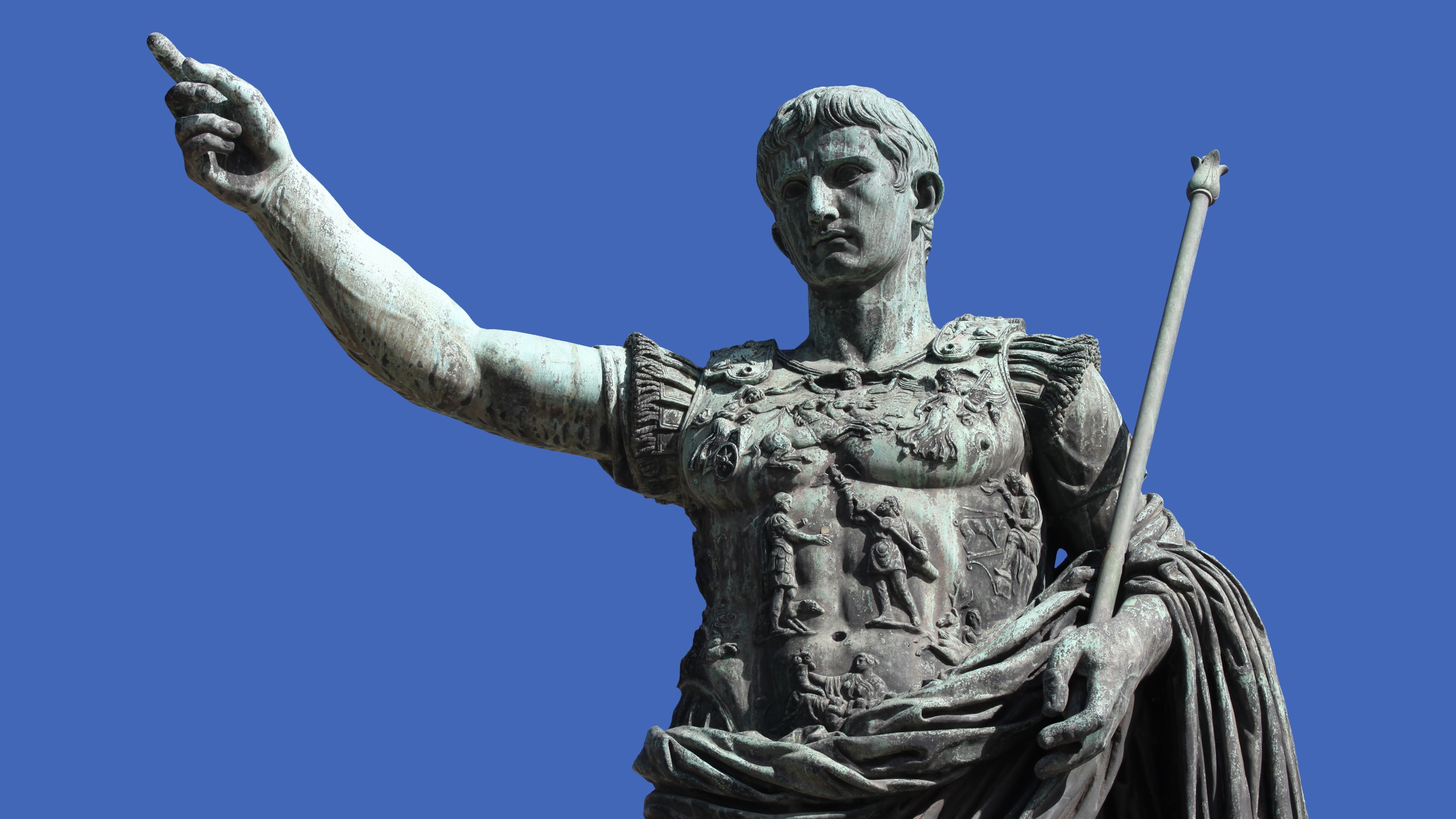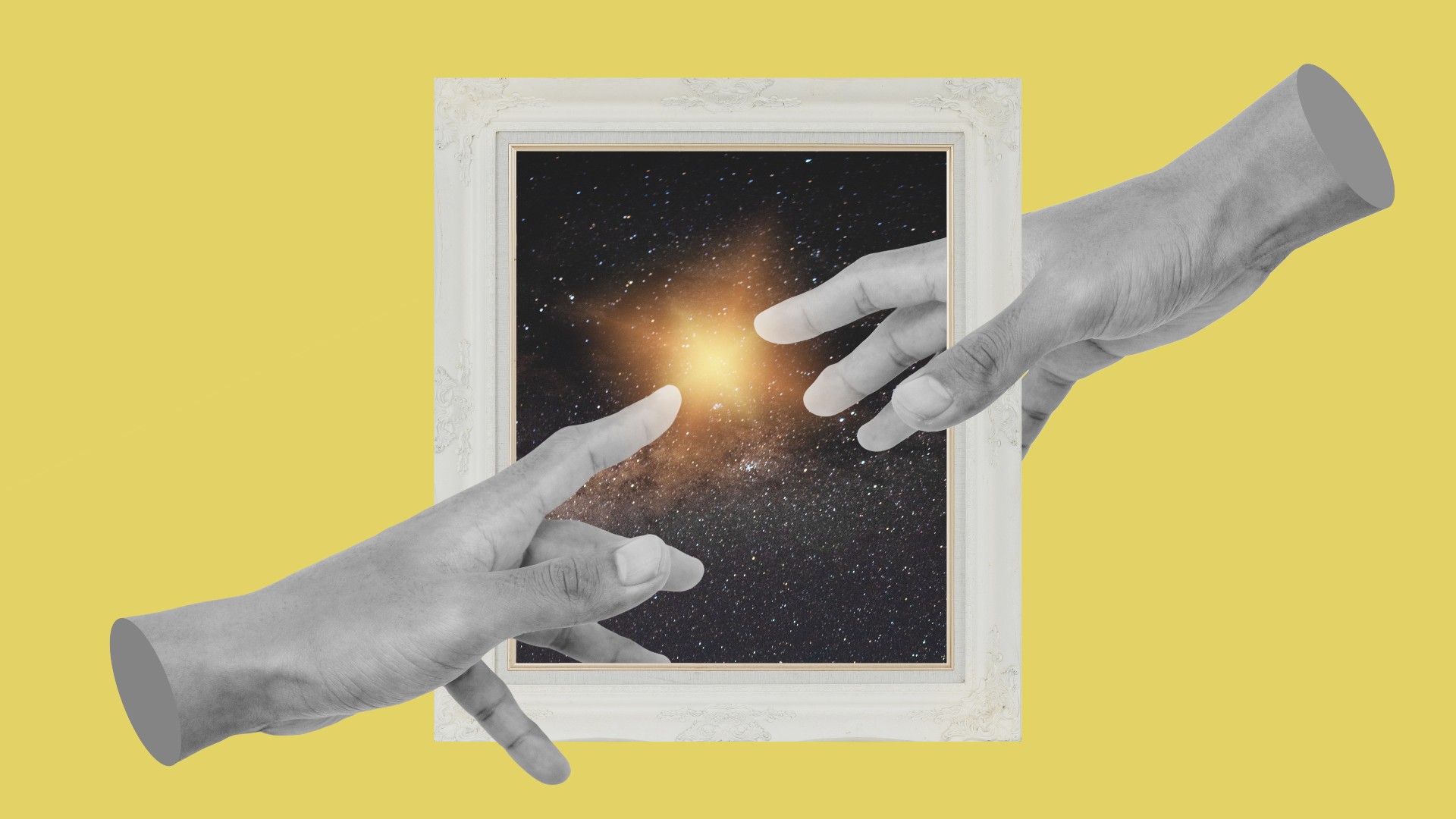problem solving
“Choose not to be harmed—and you won’t feel harmed,” advised Stoic philosopher-emperor Marcus Aurelius. He had a point.
Giambattista della Porta’s contributions to codebreaking changed the course of communication.
Scientists can make substantial progress without fully understanding exactly what they’re doing.
If you’ve found yourself befuddled by extraordinary scientific-sounding claims, you’re not alone. But this centuries-old lesson can help.
The path of a curling stone on ice — and how it can be influenced — is a revealing metaphor for life’s decisions.
Functional complex systems arise from functional simple systems. Failing to heed this advice can and will lead to disaster.
We all spend way too much time worrying what other people think of us — it’s time to cut loose.
Better cognitive control over our decisions can stave off disappointment in our actions.
We will have a better shot at improving our lives once we come to understand, know, and love the people we will one day become.
In an age of high quit rates, struggling low-wage employees, and tone-deaf leadership, the call for “good jobs” makes great sense.
In the spirit of the 1969 moon landing, we now have a golden opportunity to pursue “nondisruptive” creative solutions.
Like sneaking veggies into dessert, these board games teach STEM, strategy, and executive functions through the joys of play.
Without modularization, many epic projects simply would be impossible.
When the going gets tough, nothing beats a wide network of tried-and-true connections.
Humanity can avoid catastrophe — if we look beyond our blinkered present.
The first “running machine” — later known as the bicycle — symbolizes a key design idea.
Only humans can voluntarily conjure new objects and events in our minds.
To do more, it sometimes pays to do nothing at all.
Simple physics makes hauling vast ice chunks thousands of miles fiendishly difficult — but not impossible.
Take a closer look at the different types of reasoning you use every day.
Computers are growing more powerful and more capable, but everything has limits
The right questions are those sparked from the joy of discovery.
Find it easier to sort out your friends’ problems than your own? This paradox is for you.
Solving difficult visual puzzles seems to help the brain “rewire” itself by forming new neural pathways.
A Cambridge Ph.D. student has solved a grammatical problem that has befuddled Sanskrit scholars since the 5th century BC.
For college students, it’s the early afternoon.
Wizbang innovations capture the public’s imagination, but thoughtful, incremental development is often more valuable to those in need.
You don’t have to be an emperor to apply these rules to daily living.
By challenging your preconceptions, art offers a framework by which you can solve problems.

